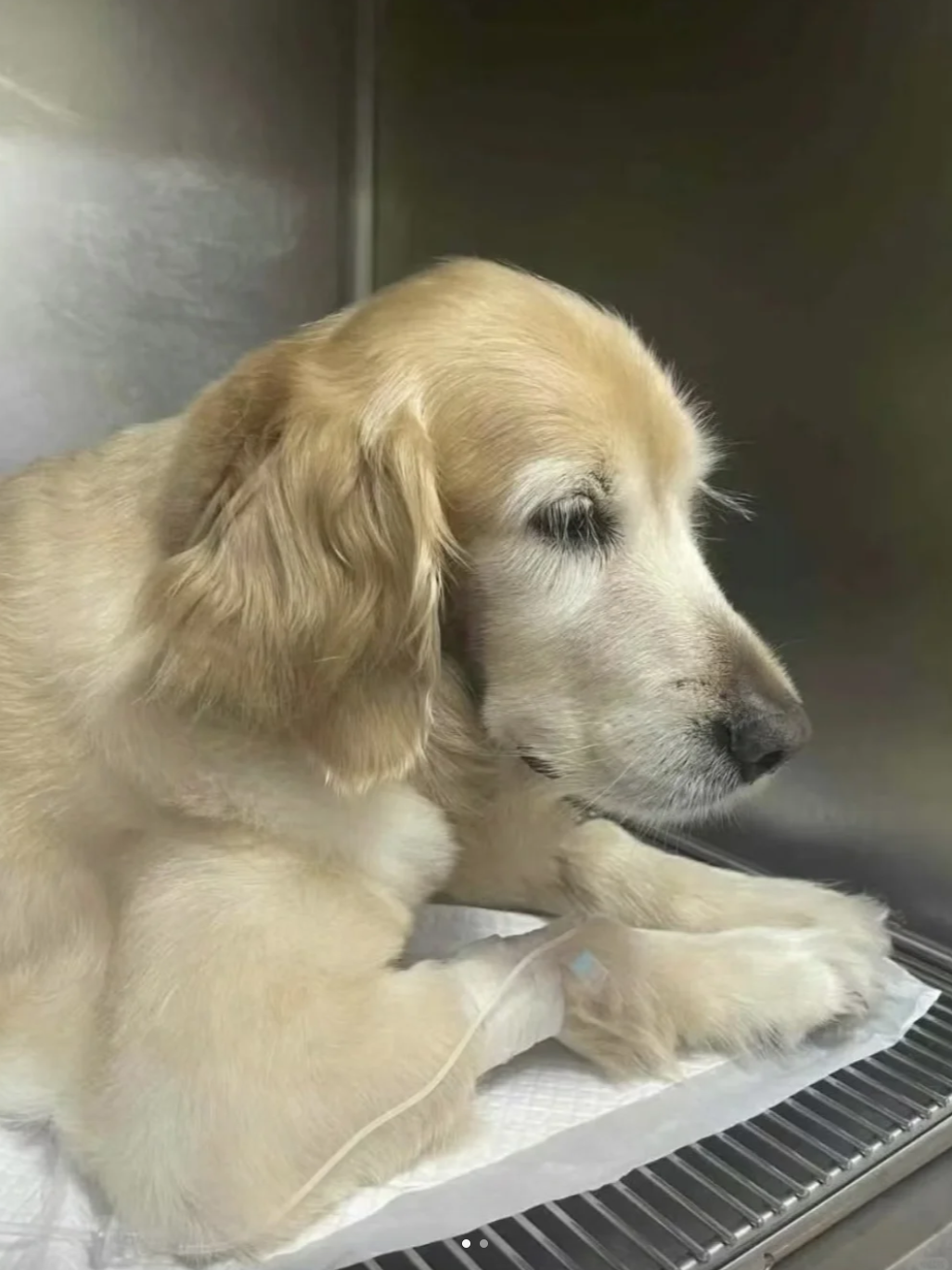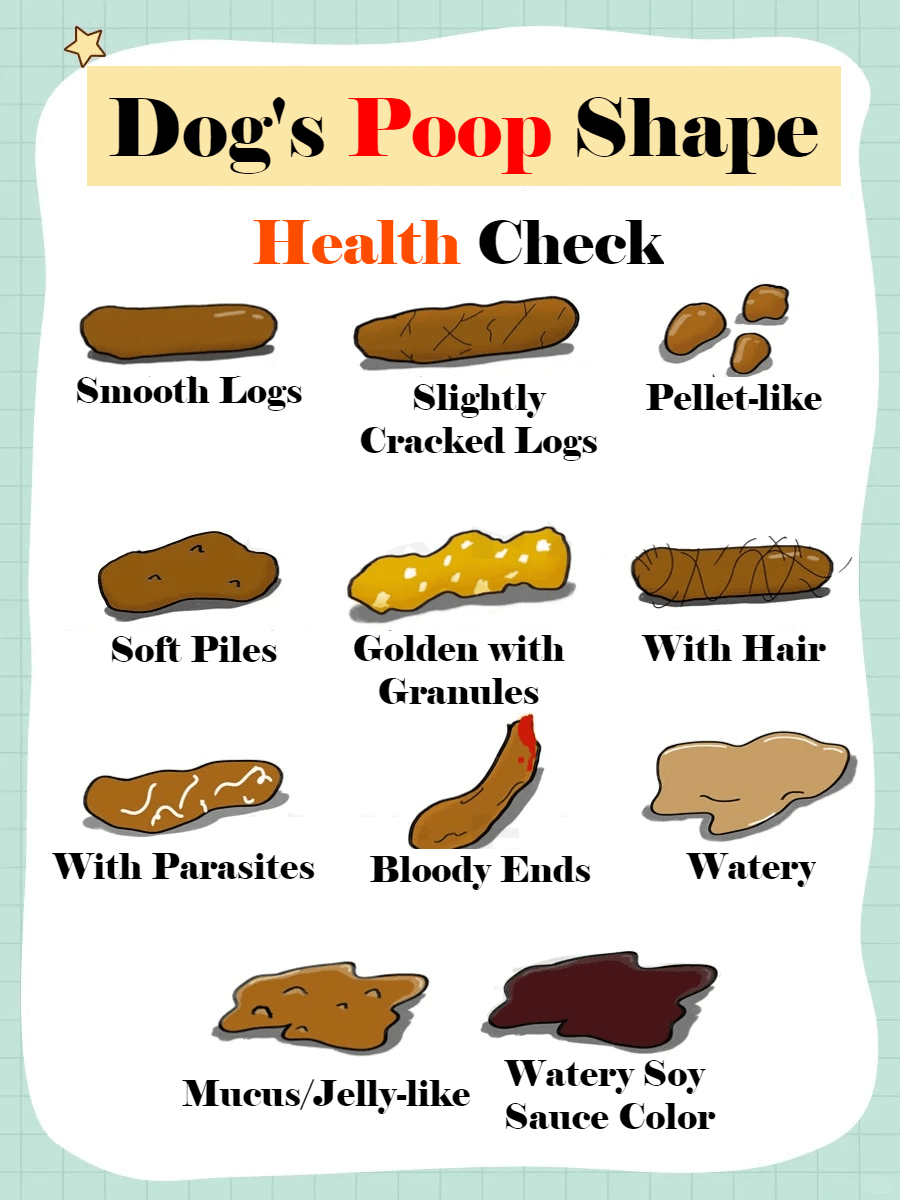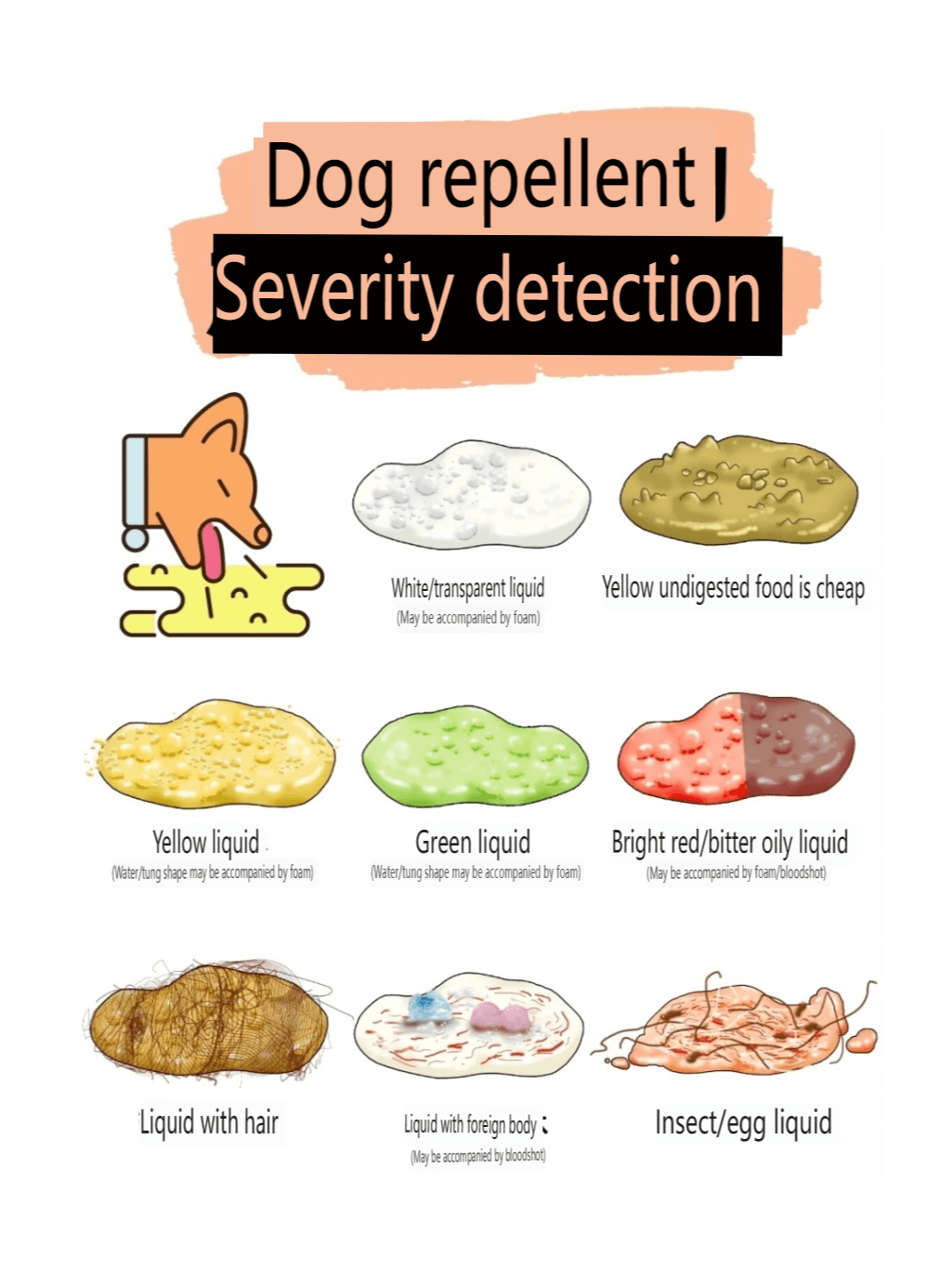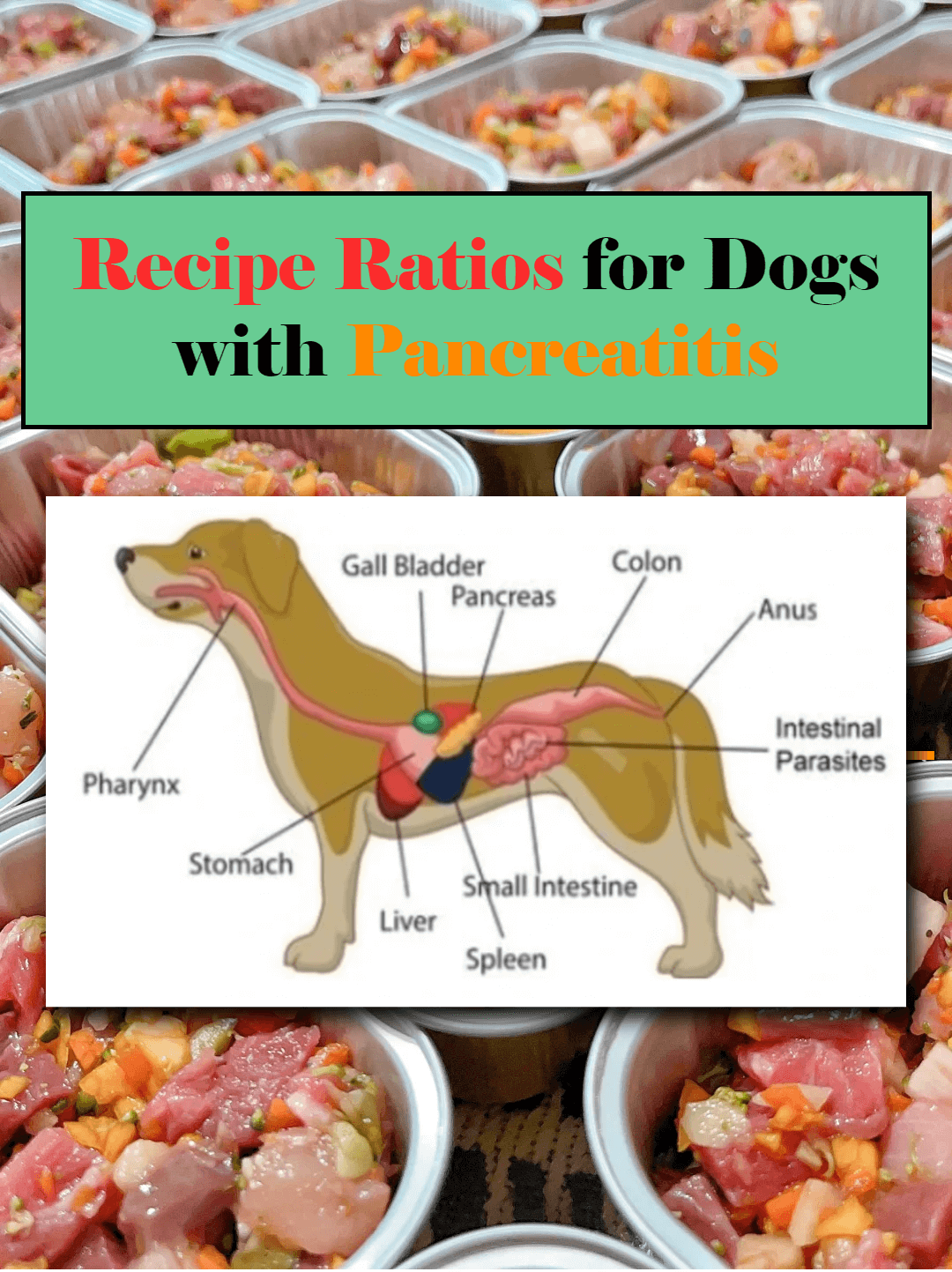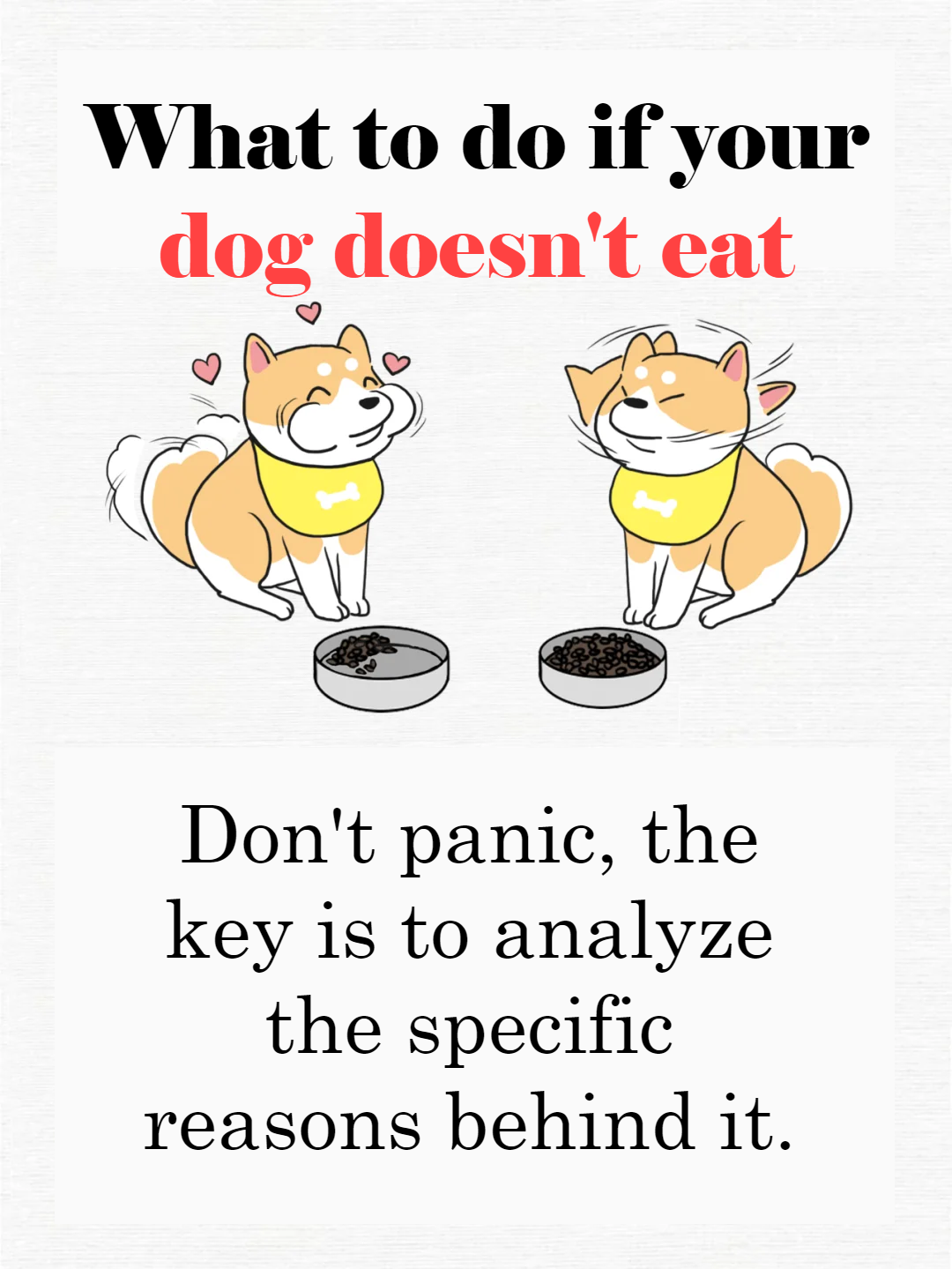**4 Signs**
1. Frequent Vomiting
Due to kidney damage, metabolic waste cannot be expelled in time, causing severe azotemia, leading to intestinal problems and resulting in vomiting.
2. Abnormal Urination:
Kidney failure in dogs can cause abnormal urination. Initially, there may be diluted urine and frequent urination, followed by reduced urine output, and possibly urinating indoors.
3. Loss of Appetite, Lethargy, Excessive Sleepiness:
After a period of kidney failure, dogs may show signs of depression, loss of appetite, and as the disease progresses, they will eat less and gradually lose weight.
4. Increased Thirst:
At the early stage of kidney failure, the kidneys cannot metabolize properly, and diluted urine leads to excessive water loss. Dogs will drink a lot of water to compensate for this.
